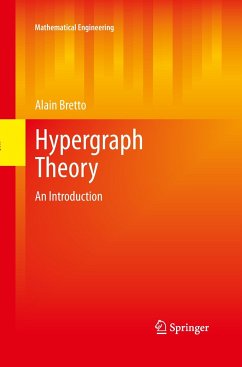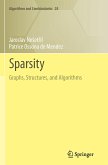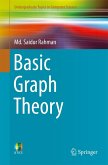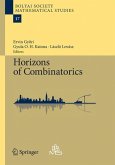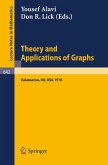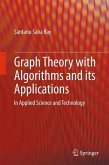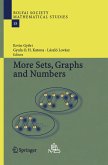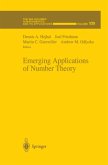This book provides an introduction to hypergraphs, its aim being to overcome the lack of recent manuscripts on this theory. In the literature hypergraphs have many other names such as set systems and families of sets. This work presents the theory of hypergraphs in its most original aspects, while also introducing and assessing the latest concepts on hypergraphs. The variety of topics, their originality and novelty are intended to help readers better understand the hypergraphs in all their diversity in order to perceive their value and power as mathematical tools. This book will be a great asset to upper-level undergraduate and graduate students in computer science and mathematics. It has been the subject of an annual Master's course for many years, making it also ideally suited to Master's students in computer science, mathematics, bioinformatics, engineering, chemistry, and many other fields. It will also benefit scientists, engineers and anyone else who wants to understandhypergraphs theory.
From the reviews:
"The aim of this book is to introduce the basic concepts of hypergraphs, to present the knowledge of the theory and applications of hypergraphs in other fields. ... This book is useful for anyone who wants to understand the basics of hypergraph theory. It is mainly for math and computer science majors, but it may also be useful for other fields which use the theory. ... appropriate for both researchers and graduate students. It is very well-written and proofs are stated in a clear manner." -- Somayeh Moradi, zbMATH, Vol. 1269, 2013
"The aim of this book is to introduce the basic concepts of hypergraphs, to present the knowledge of the theory and applications of hypergraphs in other fields. ... This book is useful for anyone who wants to understand the basics of hypergraph theory. It is mainly for math and computer science majors, but it may also be useful for other fields which use the theory. ... appropriate for both researchers and graduate students. It is very well-written and proofs are stated in a clear manner." -- Somayeh Moradi, zbMATH, Vol. 1269, 2013

